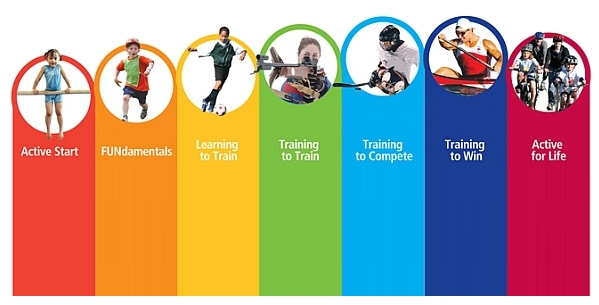Without good skills you cannot win matches – how important do we make skill development?
The big debate
Losing the final in the European Under 18 Championships (yes, poule B), we looked hard at the video and concluded we blew away too many good opportunities with poor skills (poor passing, poor tackling). There were other factors too, but we decided to shift the balance Technical v. Tactical a bit more to the technical side of things (and made secure hands a theme throughout the 2012-13 campaign. Great success with amazingly good stats in the championships. Was it that shift? Was there more?
New Zealand Rugby on getting the basics right
NZLD is all about getting the basics right. But is that all? Their tactical decision making is not bad too. There is a good article on skills development vs. gym work on the Guardian website.
All-conquering All Blacks show the benefit of putting skills before strength: while New Zealand focus on skills training in their youth teams, too many others emphasise strength and conditioning to the detriment of players’ ability to think.
Mats on skills
My friend Mats has a keen eye on technique, he always talks about that all important pass that will result in the try being scored goes wrong. He gave me a bit of text to review:
Without skills it is not possible to win matches, a match consists of 80% skills, the rest is for winning the ball back. Standing still is not an option, always moving to receive the ball.
Think of it as swimming, you do not go on the dry, you learn to swim in the water. The same with rugby, you develop skills in game situations, under pressure with controlled opposition. Because of this you also train the brains that have to work constantly. Starting with light opposition (e.g. 1+1v1) it is relatively easy to eliminate your opponent. By controlling the right skills, relatively fewer restarts are needed to resume the game. It is not necessary to specifically train children at a young age position specific, but it is necessary to give them general skills.
What does LTAD tell us
On LTAD.ca we can find the latest version of the Long Term Player Development model and find out how the Canadian researchers split the time on the different areas that all need our attention. Here it is:
FUNdamentals
- Focus on fundamental movement , agility, balance, coordination;
- Use medicine ball – swiss ball and own body weight exercises;
- Games with simple rules;
Please understand: better athletes/movers learn new skills much quicker, you do not “loose” time by not doing ball handling all the time. Make the investment.
Learn to train
- Skill acquisition in a wide range of sports;
- Avoid over-specialisation;
- LTAD give us a nice chart: 30% technical / 40% tactical;
Train to train
- Here the LTAD chart shows: 25% technical / 30% tactical;
- Major fitness development stage: aerobic and strength;
- Monitor PHV and develop speed;
Train to compete
- Test tactics under pressure;
- Mental stuff;
- Relate practise to games outcome;
What do you think?
LTAD does not agree or disagrees with Mats his 80%, the percentages are about training time. But with so much going wrong at the end of the development cycles (Train to Win phase) I understand were he is coming from. In that National Under 18 season that gave us the European title we did 30% skills and it worked. I suppose it depends on your team situation.
What do you choose?
Reference Material
- Download the latest version of the Long Term Development in Sport and- Physical Activity-3.0. LTAD model here;
- That article in the Guardian;
Subscribe and get notified when I add new posts to the Blog;
